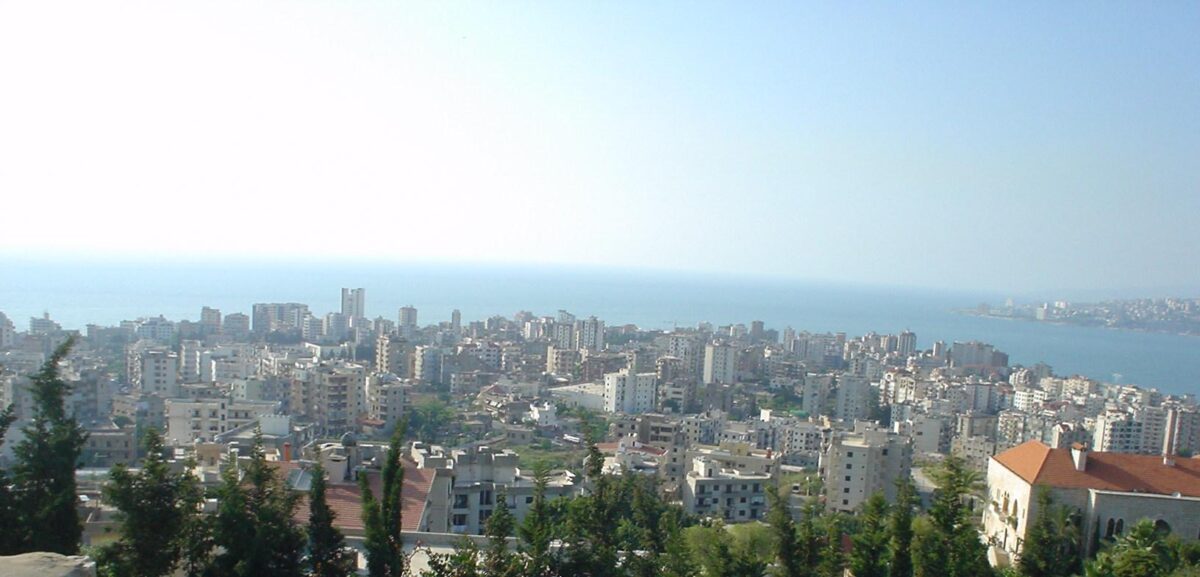Raging gun battles in the center of Beirut on August 14 claimed the lives of seven people and raised the grim specter that Lebanon may be returning to the era of sectarian violence that climaxed with the outbreak of the civil war from 1975 to 1990.
Fighting erupted after two influential Shi’a Muslim militias, Hezbollah and Amal, demanded the removal of the lead judge investigating last year’s devastating and still mysterious explosion at Beirut port that levelled parts of the city and killed 215 of its residents.
Hezbollah and Amal claim that the judge, Tarek Bitar, intends to blame them for the blast, which was caused by the combustion of 2,750 tons of highly volatile chemicals stored in a shed.
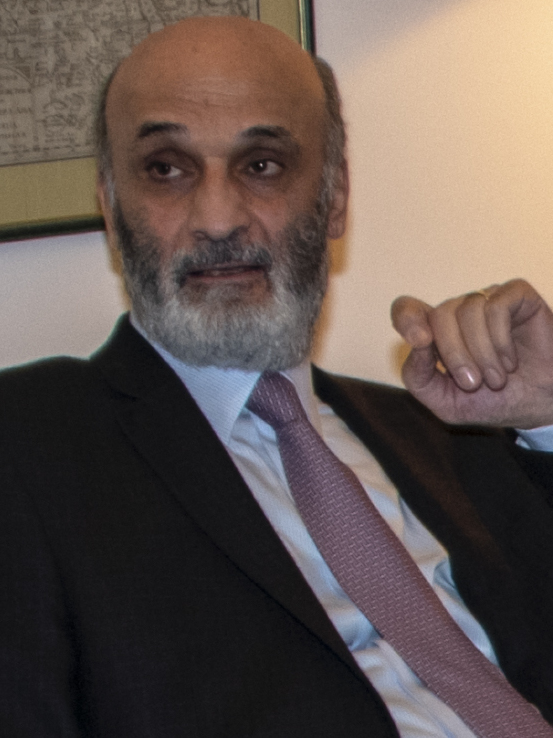
Hezbollah accused the Lebanese Forces, a Christian militia, of igniting the violence. Samir Geagea, the leader of the Lebanese Forces, claimed that Hezbollah was exploiting sectarian tensions to torpedo Bitar’s investigation and suggested that Hezbollah’s arsenal of “uncontrolled and widespread weapons” was destabilizing Lebanon.
Hezbollah has accumulated some 150,000 rockets and refuses to disarm under the terms of a United Nations resolution. Closely aligned with Iran and Syria, Hezbollah has been embroiled in countless skirmishes with the Israeli army since its formation in 1982. In the summer of 2006, Hezbollah and Israel fought a month-long war.
So far, no one has been held accountable for last year’s explosion, sparking speculation that Lebanon’s deeply entrenched system of sectarian governance and pattern of corruption, cronyism and influence peddling will undermine the investigation and render it useless and irrelevant.
During the latest clashes in the Lebanese capital, gunmen roamed the streets with automatic weapons and rocket-propelled grenades. The battles prompted fears that Lebanon could be descending into a spiral of bloody chaos yet again.
It is unclear which side was the aggressor, but ominously enough, the first shots were fired near the site of a massacre perpetrated by Christians against Palestinians in April 1975. This incident triggered the civil war, which broadly pitted Muslims against Christians, drew in Syria, and resulted in the deaths of some 100,000 combatants and civilians.
The current unrest in Lebanon — a former French colony which attained independence in 1943 — took place against the backdrop of its struggle to weather the worst economic crisis in its history and deal with the deadly coronavirus pandemic.
With its currency having lost more than 90 percent of its value in the past two years and still in free fall, Lebanon is coping with a perfect storm of misery as defined by mass unemployment, prolonged power outages, and shocking shortages of food and basic necessities. Two-thirds of its population live below the poverty line. Middle-class Lebanese are emigrating in droves.
By any yardstick, Lebanon looks like a dysfunctional state.
Since the explosion on August 4, 2020, Lebanon has spun into further disarray. Hassan Diab, the prime minister, resigned after the blast, leaving this fragile nation without a stable government for about a year.
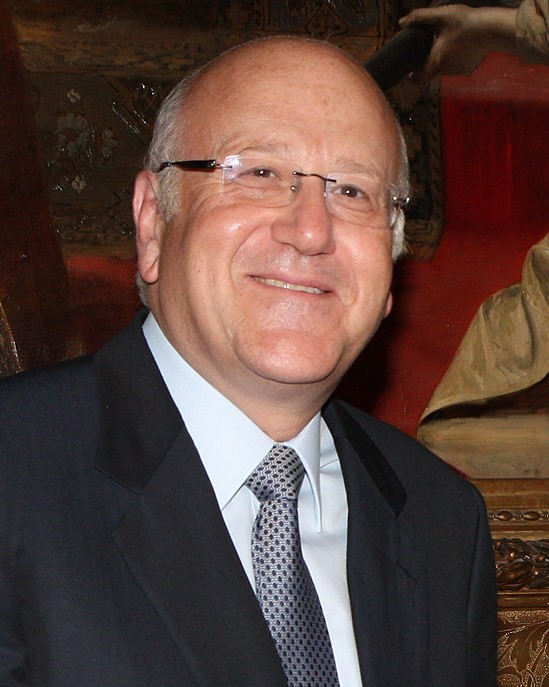
This past September, Najib Mikati, a wealthy businessman with close ties to Hezbollah who was previously prime minister, succeeded Diab after managing to cobble together a government of technocrats. However, Mikati has failed to bring a real measure of stability to Lebanon as tensions over the explosion have simmered and escalated.
Bitar, widely regarded as a symbol of judicial independence in a country where corrupt judges are the norm, has attempted to bring closure to the case by summoning politicians and security officials for questioning on suspicion of criminal negligence.
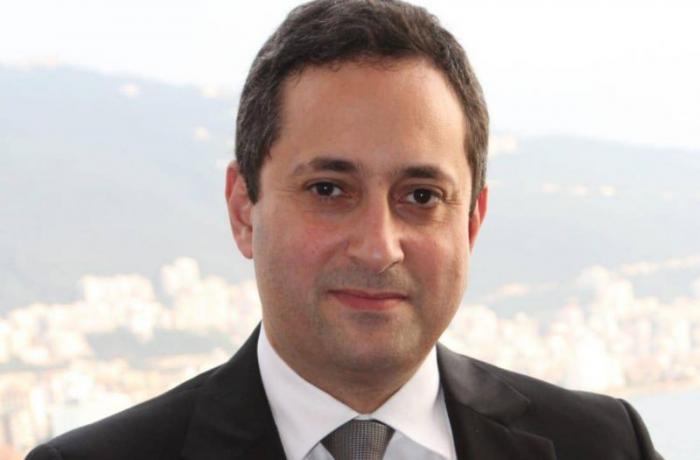
Several days ago, he issued an arrest warrant for a prominent Shi’a member of Parliament, Ali Hussein Khalil, a senior advisor to Nabih Berri, the leader of Amal.
Berri’s ally, Hassan Nasrallah of Hezbollah, condemned Bitar, claiming he was politically biased. He called on his followers to attend a protest rally, which promptly degenerated into the most serious violence to convulse Beirut in years.
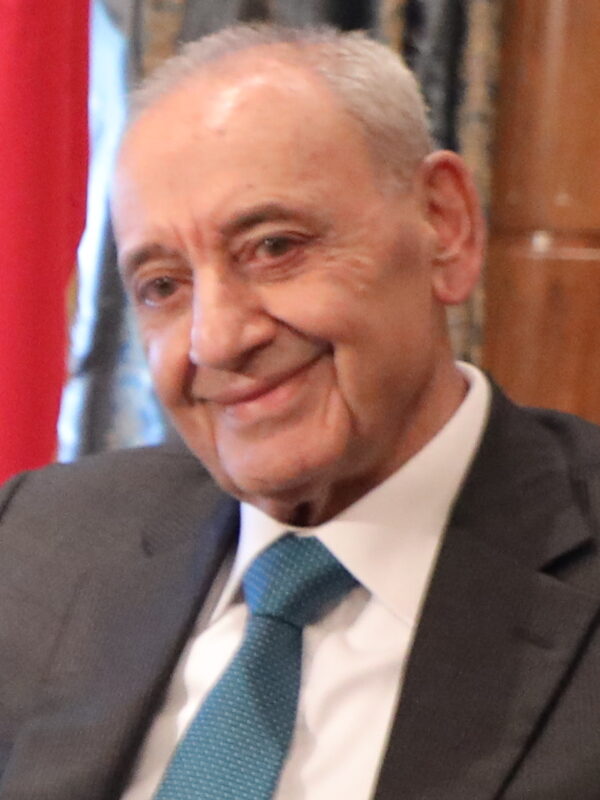
Bitar could well be fighting an uphill battle.
After two former cabinet ministers lodged a formal complaint against him, Bitar’s commission of inquiry was suspended, much to the anger of the families of the victims. But on August 14, the Court of Cassation rejected a lawsuit, filed by these politicians, demanding a replacement for Bitar.
The president of Lebanon, Michel Aoun, has called for calm while insisting that Bitar’s investigation will continue. Mikati is also committed to it, at least in theory.
Yet it remains a source of deep division in this religiously and politically fractured nation. Powerful politicians, notably Nasrallah and Berri, are against it, and they may well succeed in derailing it, much to Lebanon’s detriment.
